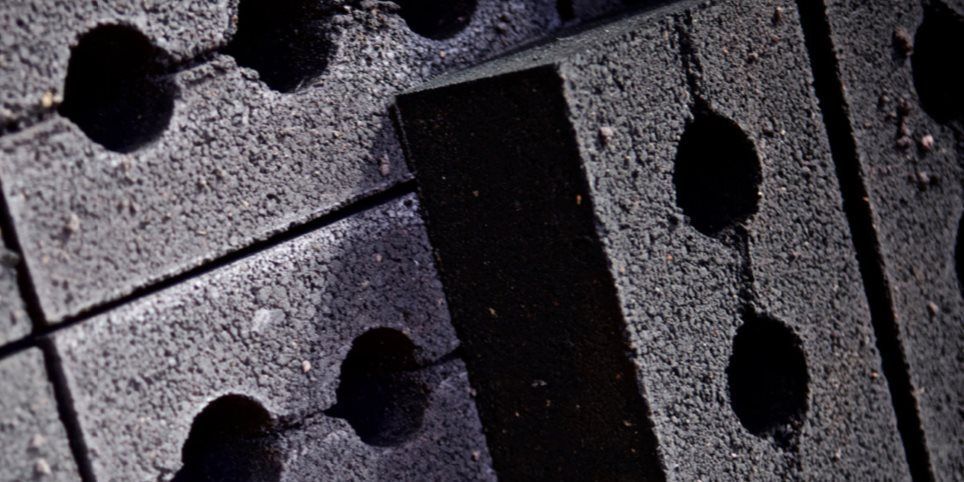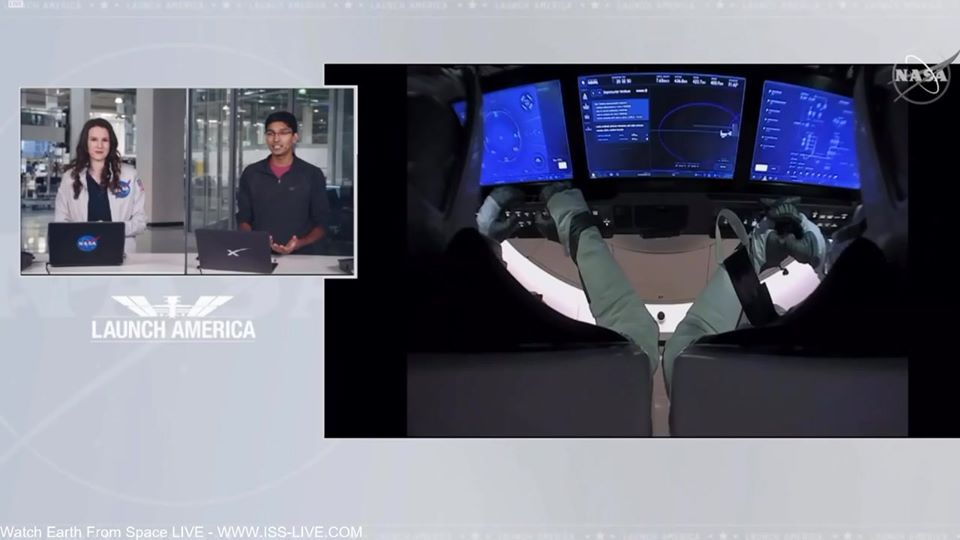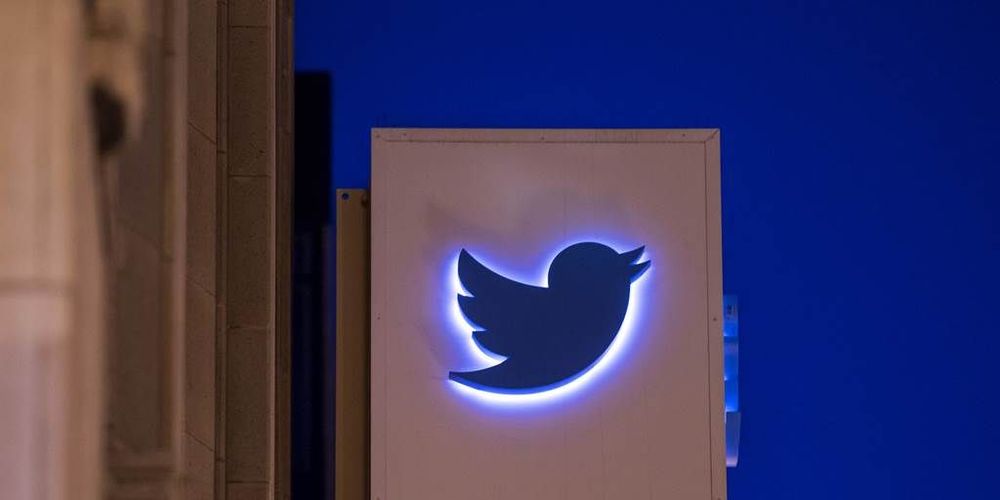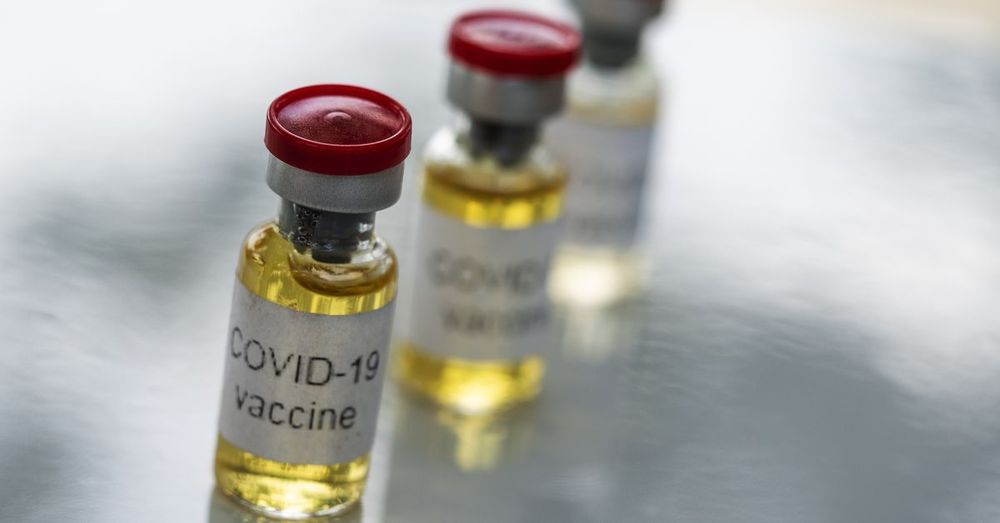This one’s made from construction waste, solving the blocks’ biggest problem.



WASHINGTON — The Army National Guard will move most of its brigades under the command of its eight division headquarters as it reorganizes its fighting formations to give the force more combat power and some soldiers new career opportunities, officials said.
The Guard move will mark a substantial increase in the number of fully manned divisions that the Army can deploy, as only the service’s 10 active-duty divisions are now filled out with subordinate units, said Lt. Gen. Daniel Hokanson, the director of the Army National Guard. The increase to 18 complete Army divisions comes at a time when service officials believe a major conflict with a near-peer rival — namely Russia or China — would require the employment of full divisions, he said.
For the last two decades, the Army has focused on its smaller brigade combat teams as its primary fighting elements for counterterrorism operations and deployments focused on assisting the forces of other nations.
What are some skywatching highlights in August 2020? 🔭
You can see the Moon posing with various planets throughout the month, and catch the peak of the annual Perseid meteor shower. Find out when and where to look up: https://youtu.be/fuuUbYjN9Oo

#ICYMI This morning, the crew members of Expedition 63 currently aboard the International Space Station shared a few remarks as they bid farewell to NASA astronauts Bob Behnken and Doug Hurley.
After just over two months of being on the space station, Bob and Doug are scheduled to undock Crew Dragon Endeavour later today, which will commence the last portion of the SpaceX Demo-2 mission, the first crewed orbital spaceflight launched from the United States since the final space shuttle mission, STS-135, in 2011. #LaunchAmerica



NASA astronauts Bob Behnken and Doug Hurley now face the phase of the flight that Elon Musk said is his “biggest concern.”
Oftentimes, many argue that NASA’s Space Launch System is a waste of money because it is being delayed over and over again despite having such a large budget. In this video, I will examine whether this is the case or not.
Discord Link: https://discord.gg/brYJDEr
Patreon link: https://www.patreon.com/TheFuturistTom
Please follow our instagram at: https://www.instagram.com/the_futurist_tom
For business inquires, please contact [email protected]